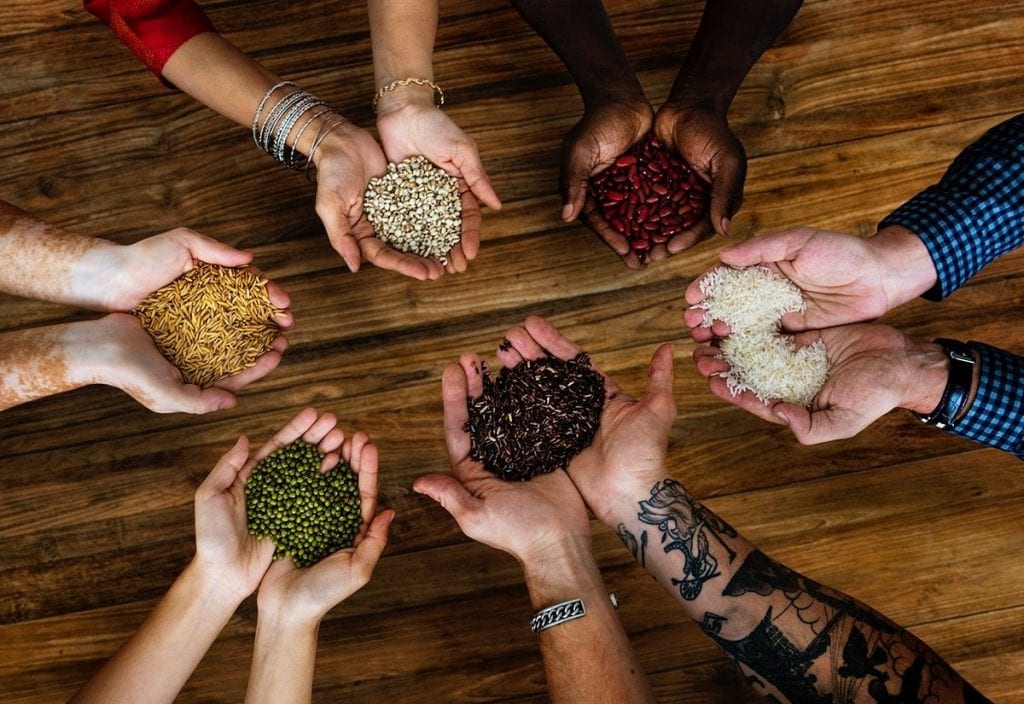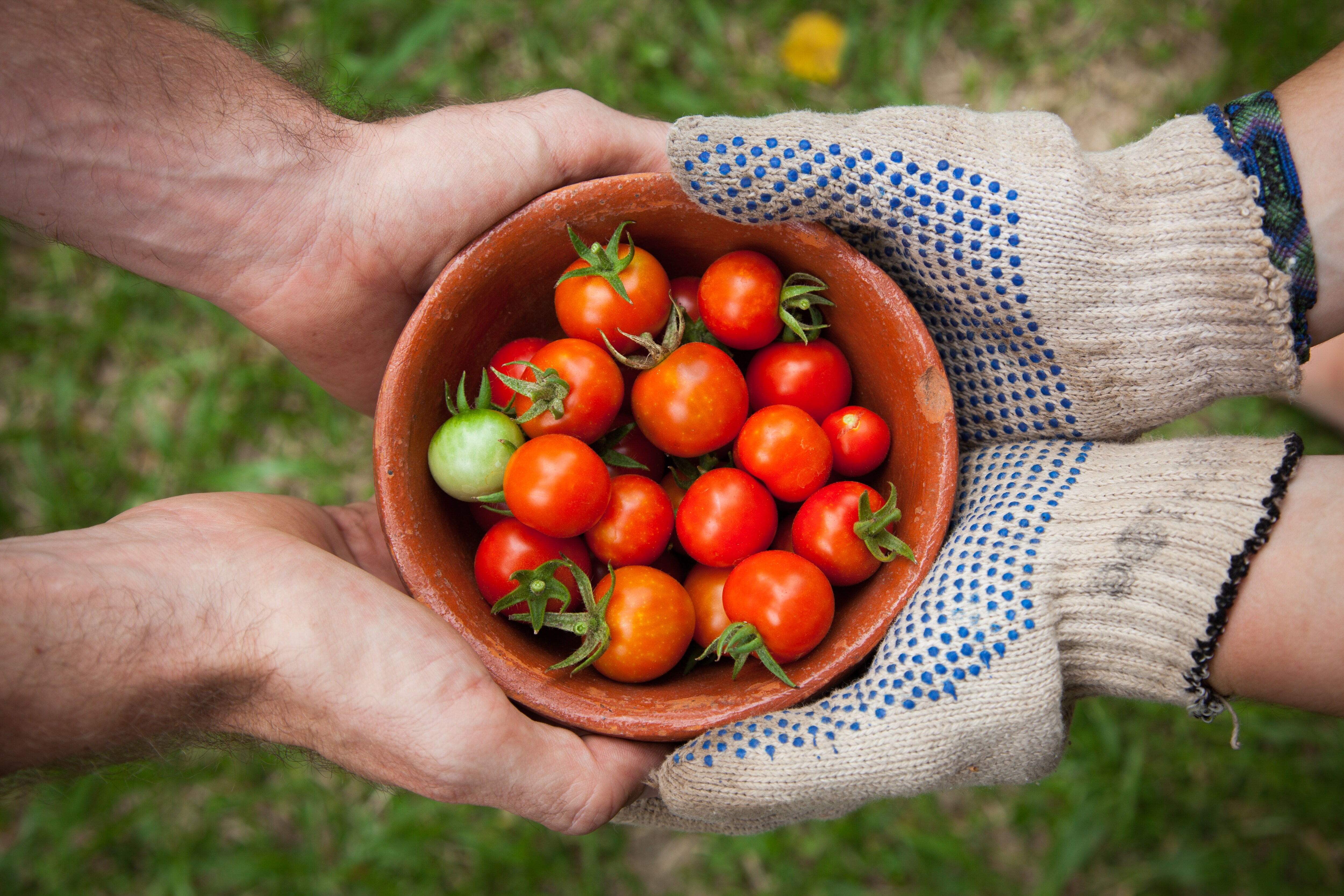
Teaching about Indigenous Food Security: Q&A with Melissa Hardy and Dr. Lynne Lafave
In honour of National Indigenous History Month, we spoke with Melissa Hardy, a Mi’kmaw Dietitian, and Dr. Lynne Lafave, associate professor at Mount Royal University, on the importance of teaching about food insecurity in higher education and why they chose to write about Indigenous food security in the latest edition of Nutrition: A Functional Approach.
Tell me a little bit about why you chose to write about food security in Indigenous communities.
LL: Thinking about nutrition and assessing nutrient adequacy is based on the premise that everyone has access to and can make healthy food choices. We wanted to take a step back and contextualize the food landscape within Indigenous communities.
Food security is the first step in the process of making healthy food choices, then once food security is addressed, the opportunities and decisions of food choice can be explored.
Awareness of nutrition experiments conducted shortly after WWII perpetrated on malnourished Aboriginal communities have been brought to the forefront.
In line with the Truth and Reconciliation Commission #18, we have an obligation to partner with Indigenous communities to create nutrition education opportunities that meaningfully reflect First Nations, the Métis Nation, and Inuit groups.
Food security is a term that means different things to different people. What does it mean to you and why is it important?
MH: Food security to me means having access to enough food that is safe, culturally appropriate, and nutrient dense to meet the needs of individuals, families and communities across the lifespan.
It’s a complex topic that encompasses food systems and food sovereignty, which for Indigenous peoples are significantly impacted by colonization, as we wrote about in Chapter 13.5 of Nutrition: A Functional Approach.
Food security is important because nutrition is integral in all aspects of health, whether it be physical, mental, spiritual, or emotional. Nutrition plays a role in every major physiological system in the body and having the right balance of essential nutrients will help with optimal human functioning and overall wellness.
Being fed is essential, but consuming adequate nutrition that supports individual preferences, is optimal. We all deserve to feel our best and reach our potential. We cannot have this without food security.
Can you shed some light on the importance of education in addressing food insecurity?
LL: The Truth and Reconciliation Commission Call to Action #18 states that we must acknowledge the state of Indigenous health in Canada. Food security is a key factor in health and we need to know what is happening in all communities if we strive for change and improved health within Indigenous communities.
MH: In short, I would say, the importance of education in addressing food insecurity would be to ensure efforts to address food insecurity are culturally appropriate and allow for Indigenous self-governance.
It’s 2021, and thus way past time for the truth about Canadian history to be taught- at all levels. In university we are taught about high rates of illness and food insecurity in Indigenous populations, but never given the opportunity to learn why.
Many of the health problems faced by Indigenous people today are due to diet and are directly related to Canada’s cultural genocide of Indigenous peoples. The World Health Organization (WHO) recognized colonization as the most significant social determinant of health affecting Indigenous peoples worldwide.

